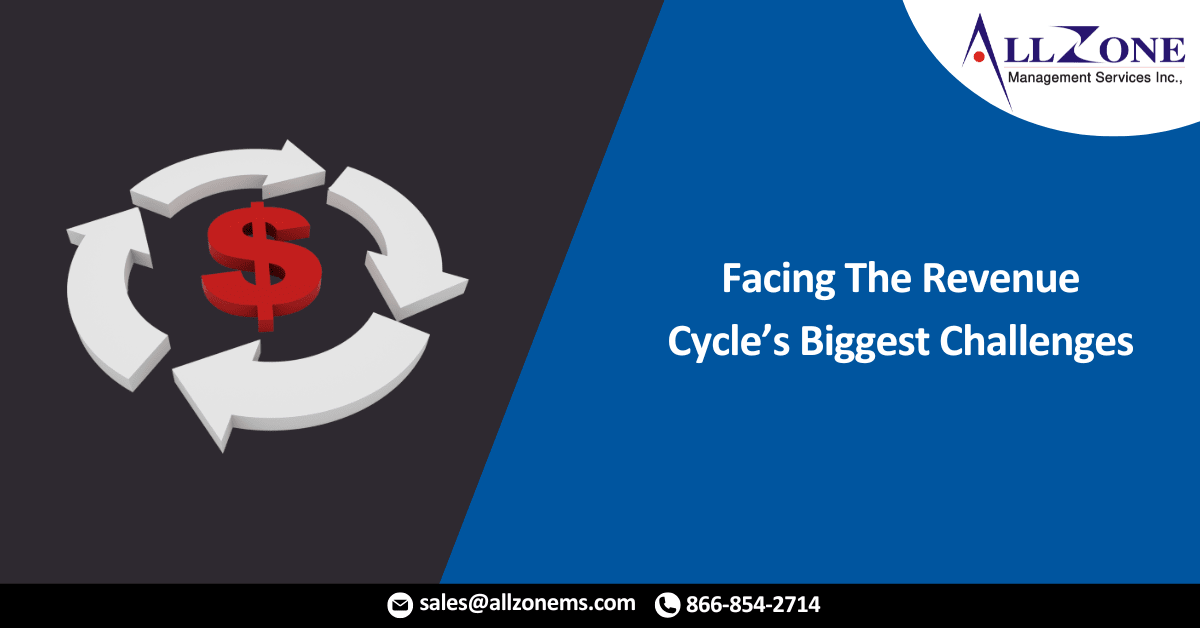No-shows cost thousands in revenue, reduce accessibility, and lower productivity — here’s how to stop them. Patients have a lot on their plates. Doctors do too. Fitting necessary appointment times into everyone’s schedule is one of the most important challenges facing any healthcare provider. Scheduling tools and patient management suites are a good solution […]
In the midst of a medical recovery, the last thing you want to deal with is an unexpectedly high medical bill. As Americans continue to pay an estimated $3.4 trillion yearly in health care costs, it’s likely that at some point we’ll all encounter a big bill from a trip to the doctor’s office or an unscheduled […]
Expect more mass production of audits. Looking forward to the remainder of 2019, we will see a number of exciting information technologies (IT) that will reshape healthcare and Medicare. These include artificial intelligence (AI), the cloud, DNA sequencing, in silico testing of new molecular entities (NMEs), and distributed ledger systems, also known as “blockchain.” We also will […]
The high cost of medical care is giving some Americans sticker shock. Annual health care spending in the U.S. is estimated to be $3.5 trillion. Hospital costs make up almost a third of that total. And a portion of those costs come as a big surprise. Whether intentional or due to careless mistakes, “surprise” medical charges are […]
Hospital revenue cycle departments have gained greater visibility in recent years as a significant driver of revenue streams. Yet many of these departments continue to face serious challenges in several areas, including workforce, interoperability, and EHR optimization. Taking revenue cycle management to the next level by harnessing technology and data analytics can help hospitals and […]
Healthpac has announced that Allzone Management Services, Inc., an industry leader in Healthcare Revenue Cycle Management Outsourcing Solutions, will be one of the Silver Sponsors for the Healthpac 2019 Annual User’s Meeting. Allzone Management Services, Inc., is pleased to announce that they will be exhibiting at the Healthpac 2019 Annual User’s Meeting from February 07th […]
At HIMSS19, John Rekart, chief of quality management and informatics at the California Department of Corrections and Rehabilitation will show how homegrown analytics enabled a 25 percent post-implementation reduction in sentinel events. New electronic health record rollouts are infamously fraught with risk. At best, a they can cause workflow disruption, confusion among clinical staff and […]
Clinical Documentation Improvement/ Mid-revenue Cycle Management Market is projected to reach USD 4.5 billion by 2023 from USD 3.1 billion in 2018, at a CAGR of 7.9% Market growth is largely driven by the increasing utilization of mid-revenue cycle management solutions to reduce healthcare costs, check the loss of revenue due to medical billing and […]
Navigating the reimbursement landscape can be confusing for physicians because of the number of entities that exert influence on payments. For example, CMS uses the Medicare Physician Fee Schedule (PFS) to adjust Medicare payments, and sometimes these changes can have dramatic effects on doctor pay. Coding changes reward some types of care while de-emphasizing others […]
The New Year brings new health plans, often with higher deductibles, and old bills that patients may be struggling to pay. According to 2018 data compiled by MedData, 83 percent of physician practices with fewer than five practitioners reported that their top collection challenge was slow payment among high-deductible plan patients. In this landscape, physicians […]










